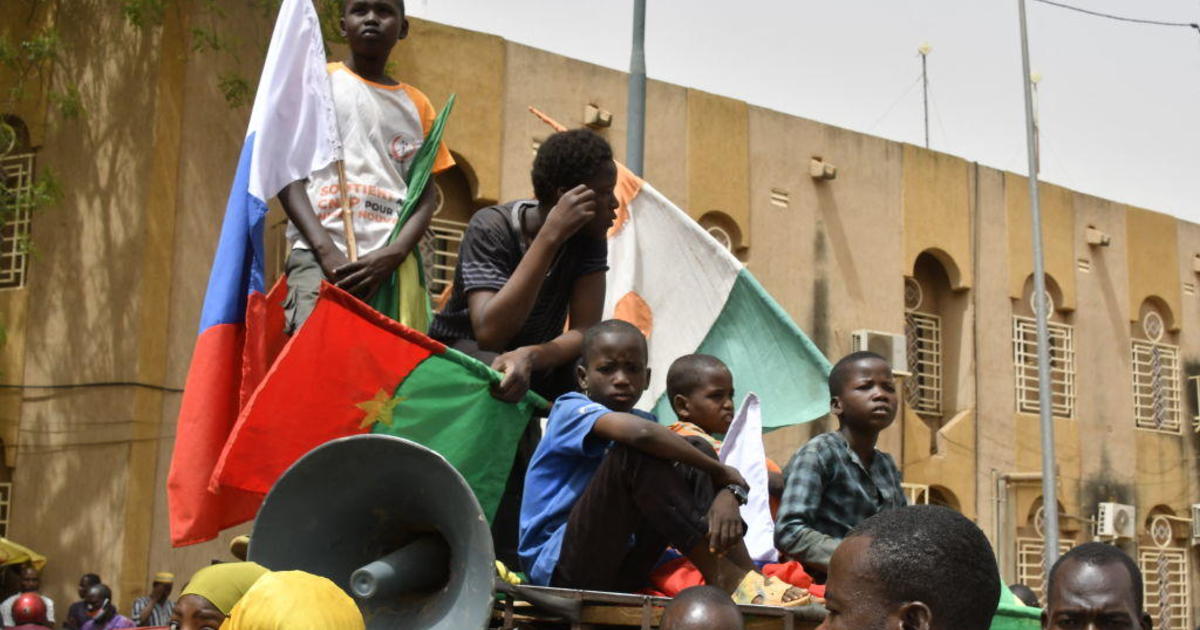The United States has agreed to withdraw its forces from Niger, a West African nation, with about 1,000 U.S. military personnel currently stationed there. The decision to withdraw comes after a meeting between Deputy Secretary of State Kurt Campbell and Nigerian Prime Minister Ali Lamine Zeine, where they committed to initiating conversations to plan an orderly and responsible withdrawal of U.S. troops from Niger. The U.S. military has been active in Niger, using the country as a base for operations in Africa’s Sahel region due to concerns about the spread of jihadist violence in the area.
Niger has been a key location for U.S. military operations, with a major airbase located in the city of Agadez, where manned and unmanned surveillance flights and other operations have been conducted. The U.S. has also invested significant amounts of money in training Niger’s military since operations began in 2013. However, relations between Niger and Western countries have deteriorated following a military coup that ousted the country’s democratically elected president in July. The junta that took over has asked French forces to leave and has turned to Russia for security assistance, with Russian military trainers arriving in Niger to reinforce the country’s air defenses.
In response to the military coup in Niger, the U.S. officially designated the takeover as a coup in October, triggering restrictions on military support and aid to the country. A U.S. delegation visited Niger in March to hold discussions at senior levels to explore the possibility of reaching an agreement that addresses the concerns of both sides. This decision to withdraw U.S. forces from Niger comes amidst growing tensions between Niger and Western countries, as well as the country’s increasing reliance on Russia for security assistance.
The withdrawal of U.S. forces from Niger comes after thousands of people in Niger’s capital, Niamey, demonstrated demanding the immediate departure of American soldiers deployed in northern Niger. The decision to withdraw signals a shift in the U.S.’s military presence in Africa’s Sahel region and the potential for increased collaboration between the U.S. and Niger in areas of joint interest. As the U.S. begins the process of withdrawing its forces from Niger, the future of U.S. military operations in the region remains uncertain, particularly in light of Niger’s changing relationships with Western countries and its increasing reliance on Russia for security assistance.









